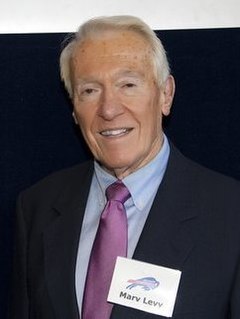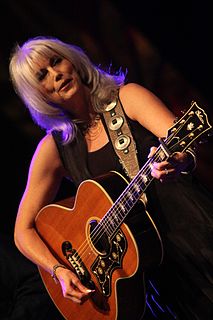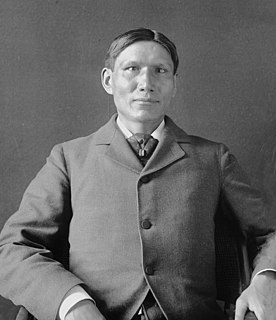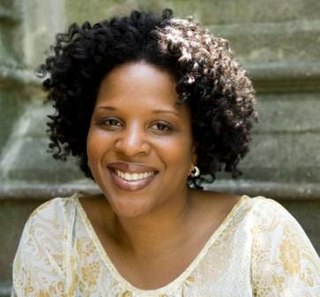A Quote by Jane Smiley
Charles Dickens was an avid seeker of names - he read directories and looked for odd names on gravestones.
Related Quotes
Ecclesiastes names thee Almighty, the Maccabees name thee Creator, the Epistle to the Ephesians names thee Liberty, Baruch names thee Immensity, the Psalms name thee Wisdom and Truth, John names thee Light, the Book of Kings names thee Lord, Exodus names thee Providence, Leviticus Sanctity, Esdras Justice, creation names thee God, man names thee Father; but Solomon names thee Compassion, which is the most beautiful of all thy names.
Some writers, I'm told, look for their characters' surnames in telephone directories. I don't - it seems too obvious. Or too deliberate: if you go looking for names, you're bound to find them, of course, but I've always had a superstitious hunch that the names you find by accident are always going to be better and more satisfying somehow.
What I do instead is I will cheerfully spend literally hours on identifier names: variable names, method names, and so forth, to make my code readable. If you read some expression using these identifiers and it reads like an English sentence, your program is much more likely to be correct, and much easier to maintain.
I don’t think it should be socially acceptable for people to say they are “bad with names.” No one is bad with names. That is not a real thing. Not knowing people’s names isn’t a neurological condition; it’s a choice. You choose not to make learning people’s names a priority. It’s like saying, “Hey, a disclaimer about me: I’m rude.






































